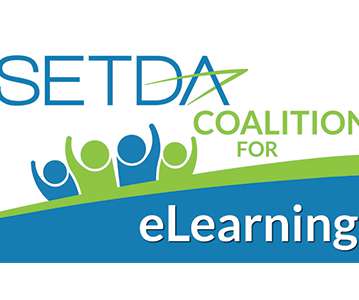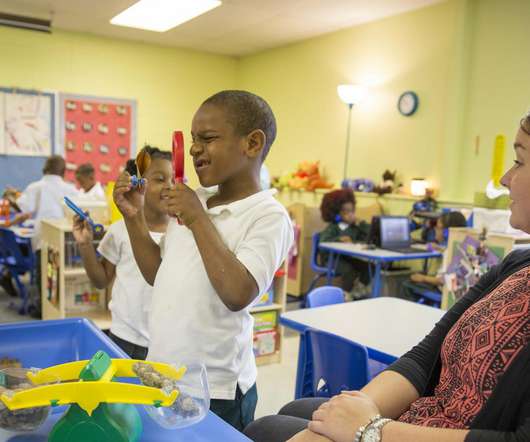Top Tips for Teaching Online From Educators Doing It Now
edWeb.net
MAY 11, 2020
Setting the Course for Secondary Students. Data use is another key aspect of teaching secondary students online, as it shows what is working and what needs to be changed. Communication with students should balance quality with quantity, keeping in mind that short individualized emails are more likely to be read.


















Let's personalize your content